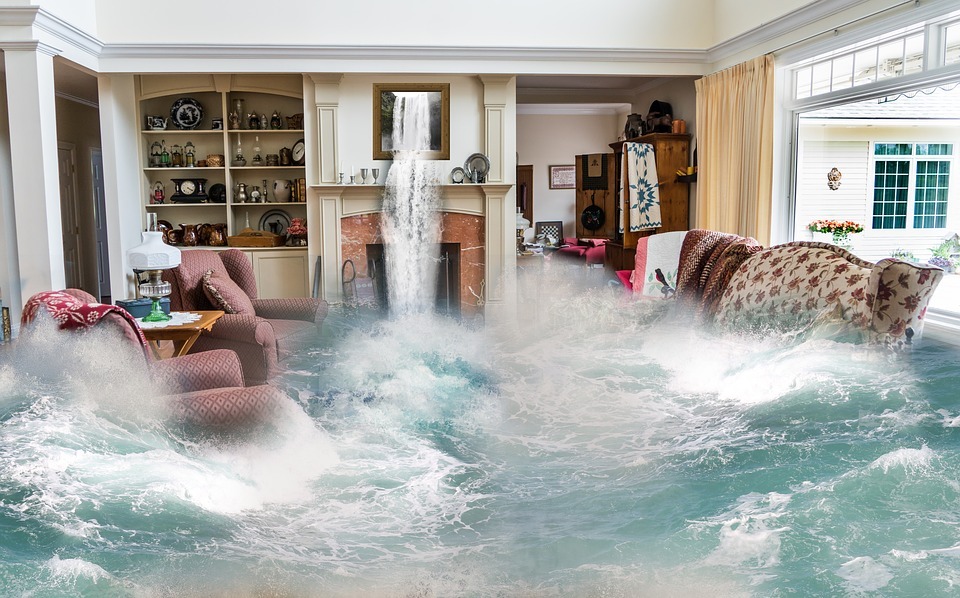Disasters happen. They often happen when we least expect them, but they can also happen with fair warning, depending on what type of disaster it is. It is not always possible to avoid disasters, so knowing how to handle them can be key knowledge. Knowing what to do is important but knowing what to avoid doing can also be essential.
Do not wait until the disaster hits to prepare.
When a disaster has wreaked its havoc, it is too late to prepare. What has been stocked is what you will have. If your refrigerator, pantry, fuel tank, or medication has run low, it could be a serious hardship on top of whatever results from the disaster situation. It is best to have a store of at least three days’ worth of food, water, and other necessary items (including hygiene items). Remember to use the oldest items regularly and replace them with fresh stock.
Do not make a lot of phone calls immediately after a disaster.
Let an emergency contact know what has happened. If your family is relatively safe, let them know that. Beyond that, it is best to leave the phone lines available for emergency responders and those who need help. If someone in your household is in need of assistance, do call for help.
Do not ignore emergency alerts.
Sign up for a local app or watch the local news for instructions and information related to impending or just happened disasters. If the alerts recommend evacuation, the sooner the instructions are followed, the more likely to beat the crowds.
Do not forget elderly or disabled neighbors may need assistance.
When your household is safe and settled, take time to check on those nearby who may need assistance. It may be difficult for them to reach safety or to get in touch with someone to report on their condition and location if their communications are knocked out or other situations have occurred.
Do not leave your home unless it is necessary.
If there is no evacuation order and your home is not damaged, it is generally best to hunker down and stay put. This will make the roads clearer, allowing emergency vehicles to get to those who need them. Your location will be known to your loved ones. Generally, your supplies are stored at your home and this will give you access to all the things that you have gathered in preparation.
Do not return to your home until it is safe.
If it has been necessary to leave your home, due to an evacuation order or due to damage from fire, earthquake, flood, or other disasters, do not go back to the house until it has been declared safe to do so. The structure could have been compromised, making it extremely dangerous to enter.
Do not touch power lines that are down.
When power lines are down, they may still carry electricity. Touching them or even getting too close to them can cause electrocution or injury. Keep your distance and call the electric company to let them know about the lines.
Do not drive on flooded streets and avoid road hazards.
It is impossible to determine the depth of a puddle on the road. In the case of a flooded road, it is very possible that the road itself has been swept away, leaving a very deep hole that is filled with water. If the water is running over the road, it can easily sweep away a car into deeper water that can trap the occupants and endanger their lives. Other hazards on the road can be more dangerous than they appear, as well. It is best to stay off the road unless evacuation is necessary, and then be very careful.
Do not become a victim of fraud.
In every situation, there are people who desire to take advantage of the confusion and commit fraud. Start by knowing the regulations in your area for building and repairing damage to your property. Check the references of contractors as well as making sure they have the appropriate registrations and such. Check online for reviews and comments about contractors that you are considering. If you become aware of fraud, share the information to assist others in avoiding it. Be especially guarded when it comes to personal identification and financial information including credit card and bank account numbers. Do not give information to anyone whose legitimacy you have not verified.
Do not lose important papers.
A fireproof, waterproof lockbox or safe is worth the investment. Put important papers such as wills, banking information, passports, social security cards, birth certificates, etc. in this box and keep it where you will be able to get to it when it is needed. These things can be very difficult to replace if they are all lost or destroyed.
Do not isolate yourself; seek help if needed.
Isolation can result in depression, anxiety, and a variety of other negative emotional issues. Having someone to talk to and vent to can be very helpful. If a friend or family member who is willing to talk and help does not alleviate the mental burden, seek out a professional. There is nothing wrong with taking care of personal mental health. A disaster can cause PTSD (post-traumatic stress disorder) on top of the other emotional difficulties, and sometimes professional help is required.
Do not allow the disaster to result in illness.
Clean up as much as possible, using disinfectant. Some environmental dangers include mold, mildew, bacteria, and viruses. Soaps, detergents, and cleaners that kill or remove these things are a good idea. Be sure to drink plenty of clean water. Wash your hands often and be careful to keep from inhaling environmental hazards. Get medical care if it is necessary.

